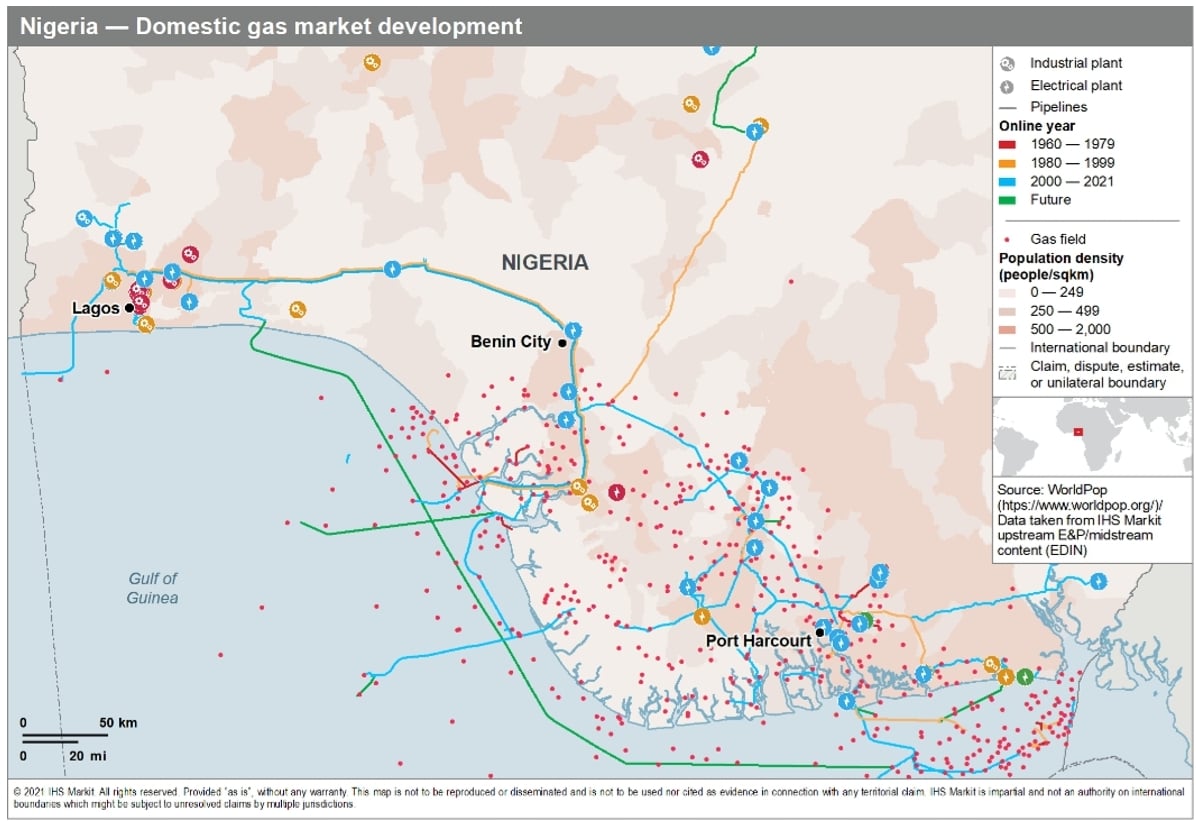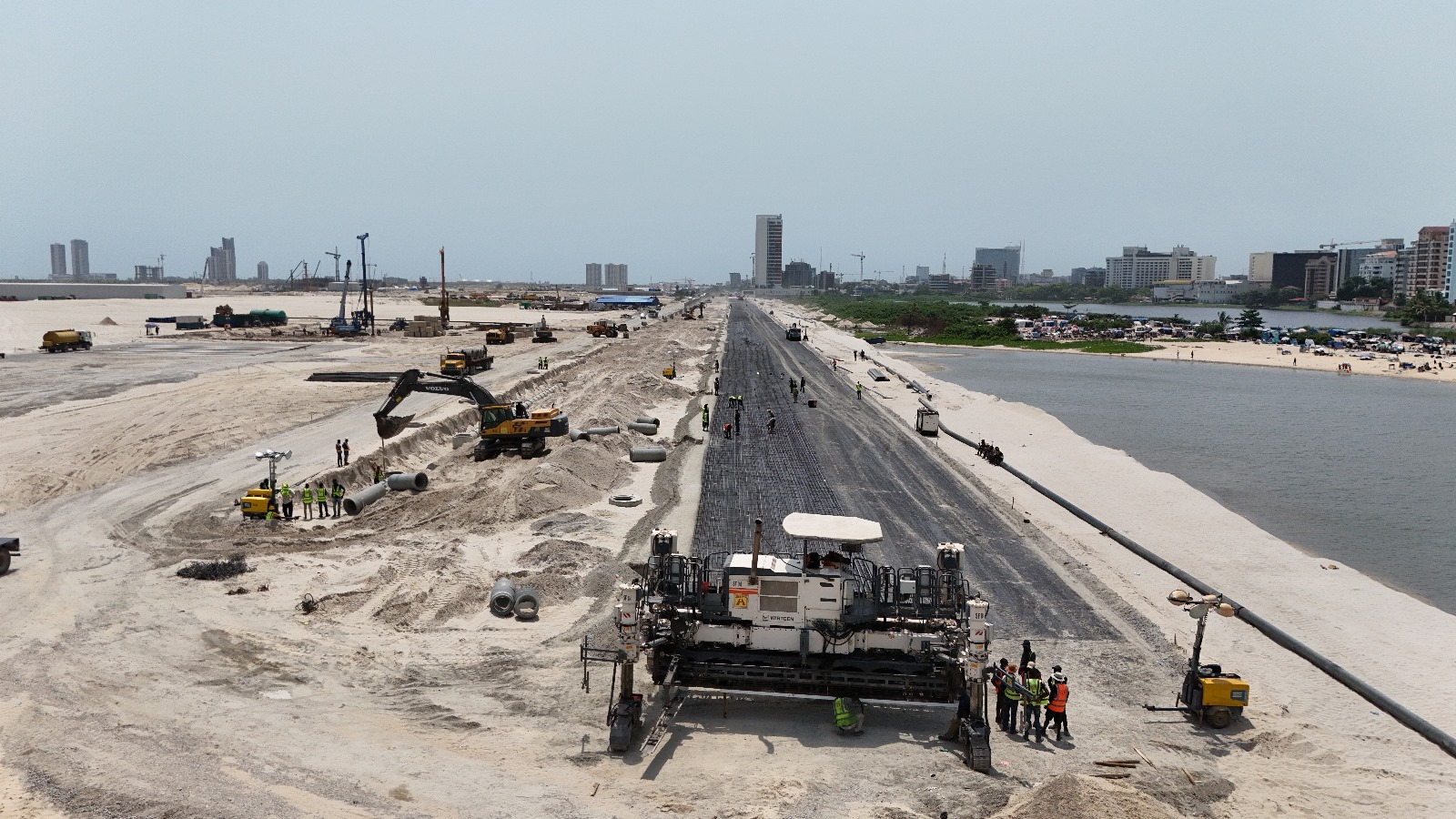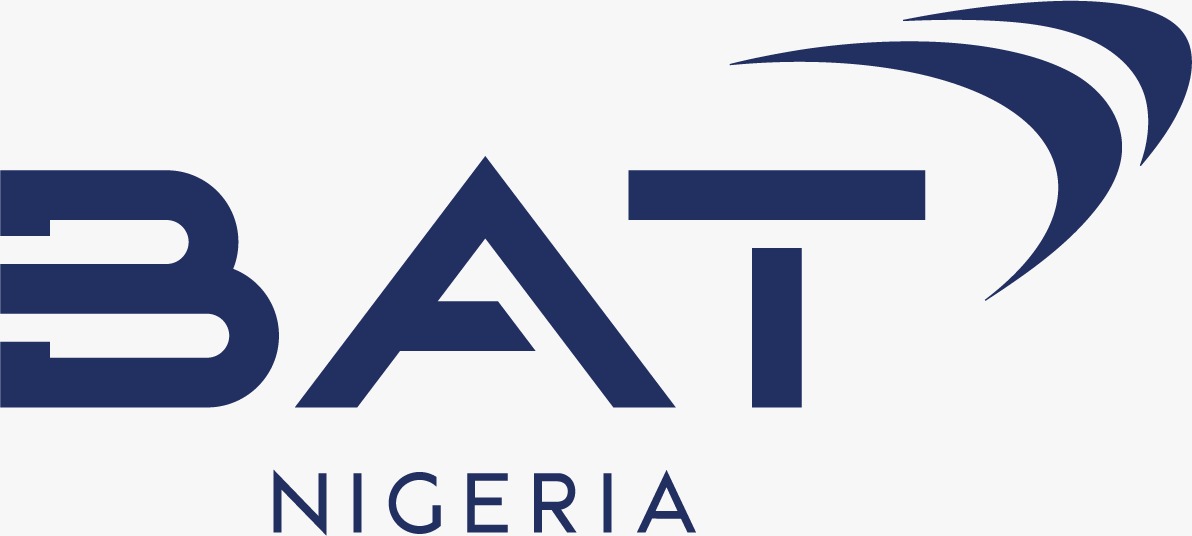Across various regions, the struggle with inadequate road infrastructure casts a shadow over economic prospects and societal well-being.
In an increasingly interconnected world, robust infrastructure plays a pivotal role in fostering social well-being and propelling economic growth. Strong connectivity through a well-developed network of roads, bridges, and highways acts as the backbone of a thriving society. It facilitates the seamless movement of people, goods, and ideas, fostering collaboration, innovation, and a more inclusive society. By investing in infrastructure and connectivity, countries can unlock a range of economic and social benefits that contribute to a more prosperous and inclusive society. This strong foundation is even more crucial for nations like Nigeria, with its vast size, diverse population, and growing economy.
The Lagos-Calabar Coastal Highway, a 700-kilometer project being built under an Engineering, Procurement, Construction, and Financing (EPC+F) arrangement with Hitech Construction Company Limited, one of Nigeria’s top civil engineering companies, aims to transform Nigeria’s road infrastructure into action. Its impact, especially on the communities and people, cannot be overstated.
Job Creation and Economic Development
Infrastructure investments have a multiplier effect on the economy, creating employment opportunities, stimulating demand for goods and services, and attracting private sector investments. At the Infra4Dev Conference, jointly organized by the World Bank and the International Growth Centre in March 2022, the consensus amongst the academic and policy-making communityat the event was that investments in transportation and digital connectivity increase access to markets due to reduced transport and transaction costs, and furtherimprove the ability of workers to find jobs and access them.
With improved transportation infrastructure and the enhanced connectivity it provides, businesses and organizations along the Lagos – Calabar Coastal Highway route will benefit from increased market accessibility – both within the nation and even into the larger West African market. This, supported by lower transportation costs, will result in higher incomes and investments, thereby stimulating local and regional economies.
In addition, it was argued that infrastructure investments affect the process of transformation of economies with jobs moving from low-productivity agricultural sectors to higher-productivity industrial and service sectors.This transition will foster economic diversification, innovation, and productivity growth, ultimately driving sustainable development and prosperity. Moreover, upgraded infrastructure attracts private sector investments, spurring entrepreneurship and fostering a conducive environment for job creation and economic expansion.
With the construction of the Lagos-Calabar Coastal Highway, nearly 10,000 jobs are projected to be created. This will provide much-needed income and stimulate economic activity in the neighbouring communities. Women are expected to be among the primary beneficiaries of this initiative, gaining access to employment opportunities that can improve their livelihoods and contribute to the overall economic well-being of their families and communities. Women account for most of Nigeria’s unemployment and underemployment and only earn 77 cents for every dollar that men can get for the same work. Strategies for women’s recruitment and awareness campaigns programs among the workers and communities along the road will contribute to the improvement of women’s livelihoods in the coastal states of Nigeria.
While the estimated number of direct jobs created by the project is around 10,000, this figure does not fully capture other indirect and induced employment opportunities that will arise due to the project and the subsequent increase in future economic activities. Moreover, the completed highway will facilitate the movement of people and goods, unlocking the economic potential of isolated and disadvantaged communities along the coast.
Increase in Trade and Commerce
The construction of the Coastal Highway promises improved accessibility, fostering economic growth and regional development. With smoother transportation routes, businesses can more efficiently transport goods and services, stimulating trade and commerce. Furthermore, enhanced connectivity encourages the establishment of new markets and trade routes, potentially boosting the local economy. As a result, the region may experience a surge in economic activity, attracting both domestic and international investors seeking opportunities in Nigeria’s burgeoning markets. The improved infrastructure will not only benefit transportation but also attract greater investment across sectors, including Nigeria’s key exports like gas and oil.
Most of the nation’s gas and oil are being pumped in the project area, especially in the southeast of Nigeria. The highway will allow for better transportation and increased investment interest for the gas and oil companies in Nigeria, which are the biggest exports of the nation.

Enhancing Accessibility to Essential Services:
Inaccessibility to healthcare, education, and other social services has long plagued many Nigerian communities, particularly those nestled in remote areas. According to the WHO Nigeria 2021 annual report, there is a significant urban-rural divide in the distribution of healthcare resources in Nigeria, with the majority concentrated in urban centers. However, the Lagos-Calabar Highway promises to reverse the trend. The completion of the Coastal Highway is anticipated to bring about significant improvements, notably in reducing travel time and fuel consumption compared to the existing route.
With the new highway, the distance between Lagos and Calabar will be shortened significantly. Currently, the journey from Lagos to Calabar via Sagamu, Benin City, Onitsha, Owerri, and Aba requires about 14 hours of driving time. However, with the highway’s completion, the travel time could be halved to about 7 hours.
Also, the addition of a train system alongside the highway will contribute to alleviating traffic congestion, reducing pollution, and offering a more efficient means of travel along Nigeria’s coastline. This integrated transportation infrastructure is expected to significantly enhance public transport satisfaction levels, especially for the over half of Nigeria’s population living along the coast.
Promoting Regional Integration and Cohesion:
Nigeria’s strength lies in its diversity, but true unity requires bridges—both literal and metaphorical—to span the divides. For too long, geographical isolation has hindered interactions and exchanges between diverse pockets of the country. As communities along the route interact more frequently, exchange ideas, and engage in commerce, they contribute to the emergence of a cohesive regional identity.
While the completion of the Lagos-Calabar Coastal Highway undoubtedly represents a significant milestone, its true impact will be measured in the years to come as communities enjoy the benefits of improved connectivity and infrastructure. As Nigeria continues its path toward progress and development, investments in infrastructure projects like this highway will remain crucial for unlocking the country’s full potential and fostering inclusive growth for all its citizens.
Add a comment






